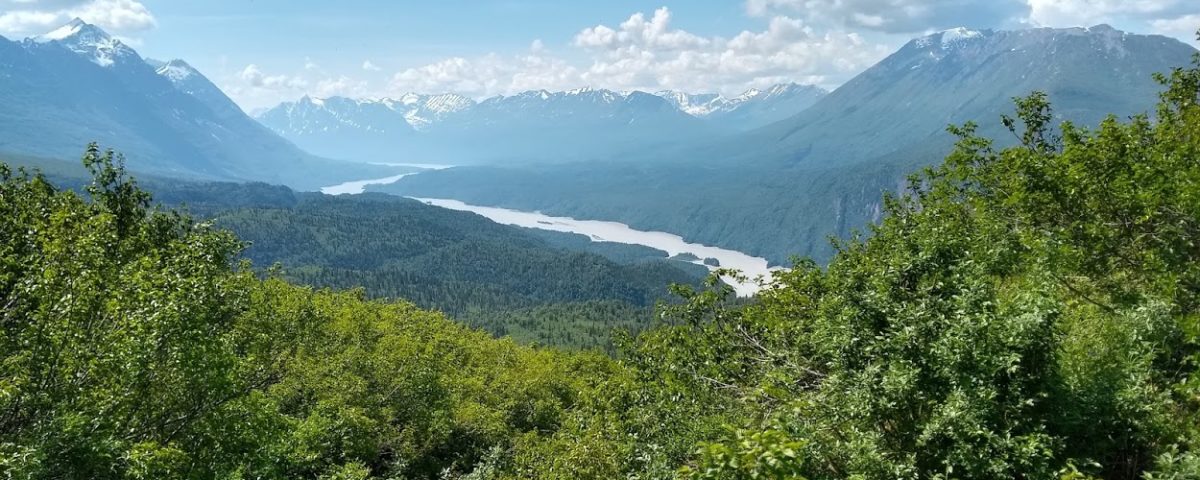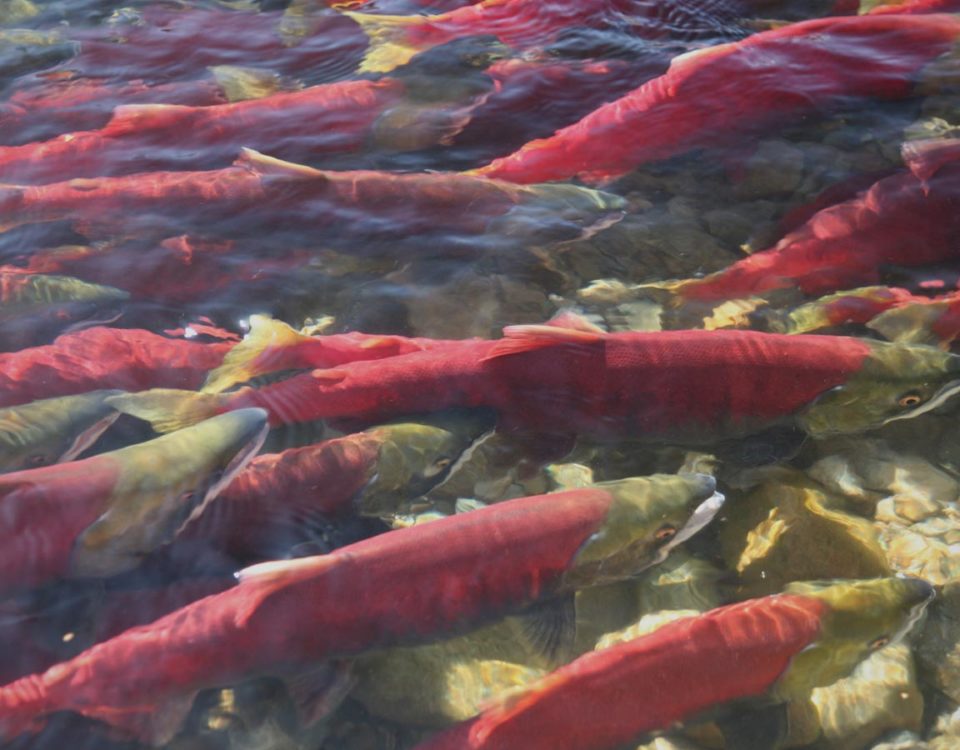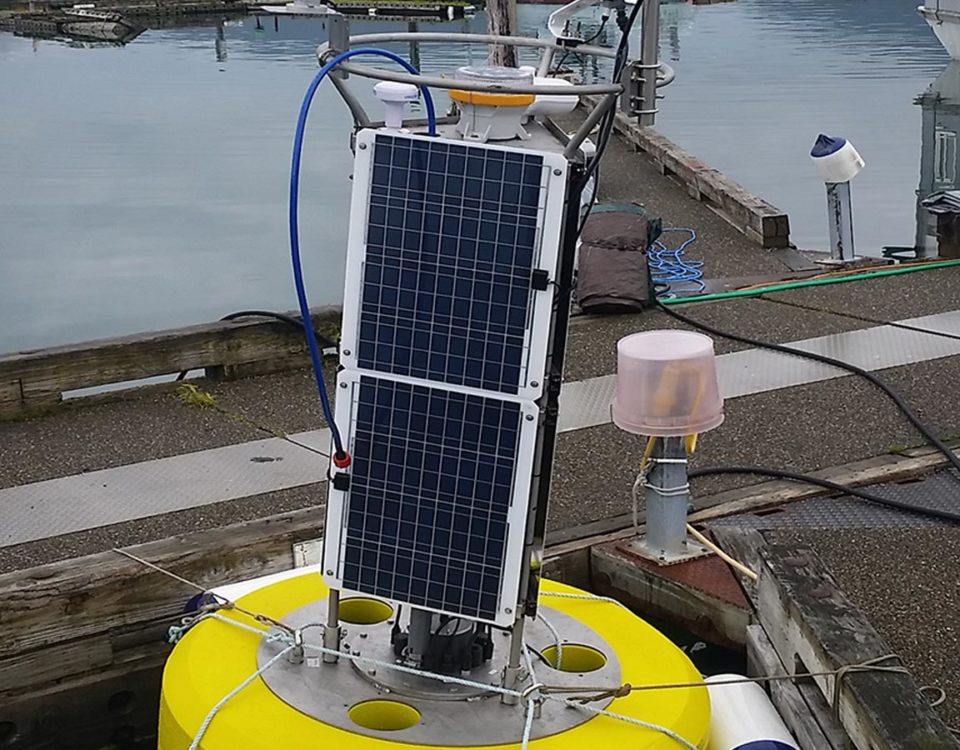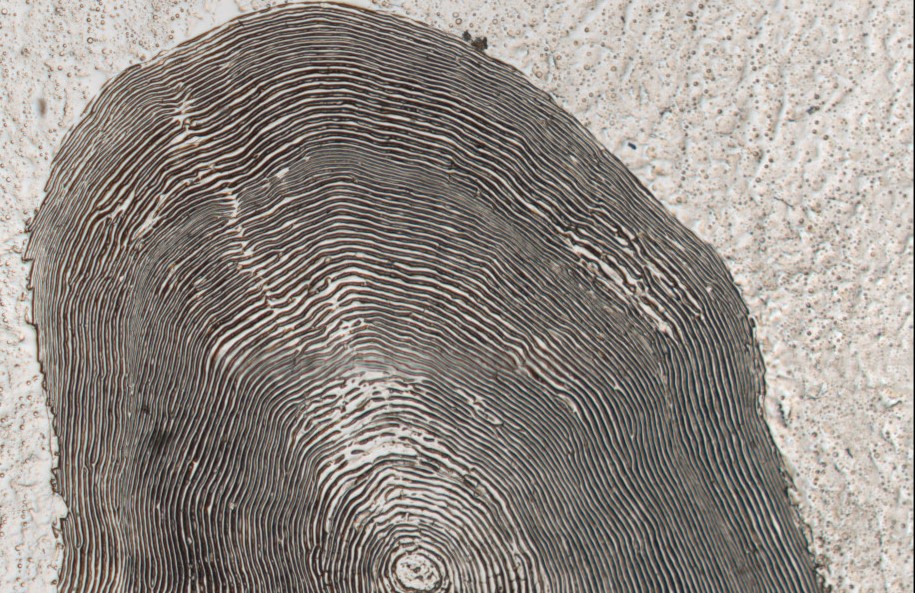Sockeye Salmon Migration Study in the Copper River

PROJECT
Sockeye Salmon Migration Study in the Copper River
Objective
The main objective of the study is to understand how changes in size, condition, and health of sockeye salmon are affecting their ability to migrate and successfully reproduce in the Copper River. There has been a long-term decline in size of adult sockeye salmon in the river, and in recent years we have also noted a drop in energetic condition of the fish. We are working closely with the Native Village of Eyak, the Ahtna Intertribal Resource Commission, and the Alaska Department of Fish & Game to carry out a new field study to help us understand the current status of key populations of sockeye salmon in the watershed. We are asking for help from Ahtna community members and others involved in subsistence, personal use, and sport fisheries throughout the watershed to report catches of our tagged fish.
One of the components of the study is to track the fate of fish we are sampling downstream of Chitina. Our objective is to insert radio tags into 200 adult sockeye in 2019, and an additional 300 adult sockeye in both 2020 and 2021. Through a combination of fixed antennas situated along river banks, aerial surveys, and tracking by foot close to the spawning grounds, we hope to describe their migratory patterns throughout the watershed. Some of our tagged fish will be captured in the river, and we are hoping that these events will be reported to us. We would also like to gather other information (date, time, and location of capture, description of the fish, and even a picture of the fish if possible). We would also like to recover the tag itself, as they can be reused in our study (see picture of tag below). The tagged salmon can be identified by a thin wire extending out of the fish’s mouth, and a single hole punched into the gill cover on either the right or left side of the fish.
If you do capture any of our tagged fish, please contact us (Dr. Pete Rand (lead PI), Prince William Sound Science Center, email: prand@pwssc.org, mobile: 971-409-0232 or Dr. Kristen Gorman (co-PI), UAF College of Fisheries and Ocean Sciences, email: kbgorman@alaska.edu, mobile: 907-987-0343). The radio tags can be returned to the Alaska Department of Fish & Game offices in Glennallen, Fairbanks, or Anchorage, or sent to: Pete Rand, PWSSC, PO Box 705, Cordova, AK 99574. Feel free to contact us if you have any questions about this project.
PRINCIPAL INVESTIGATORS
PROJECT LEAD: Pete Rand PROJECT TEAM: Kristen GormanCOLLABORATORS
Kristi Miller (Head of Molecular Genetics Section, Department of Fisheries and Oceans Canada)RESEARCH PERIOD
2019-2021FUNDING
North Pacific Research Boardnprb.org
Alaska IDeA Network of Biomedical Research Excellence
alaskainbre.org
Copper River/Prince William Sound Marketing Association
copperrivermarketing.org
Alaska Sustainable Salmon Fund
akssf.org




